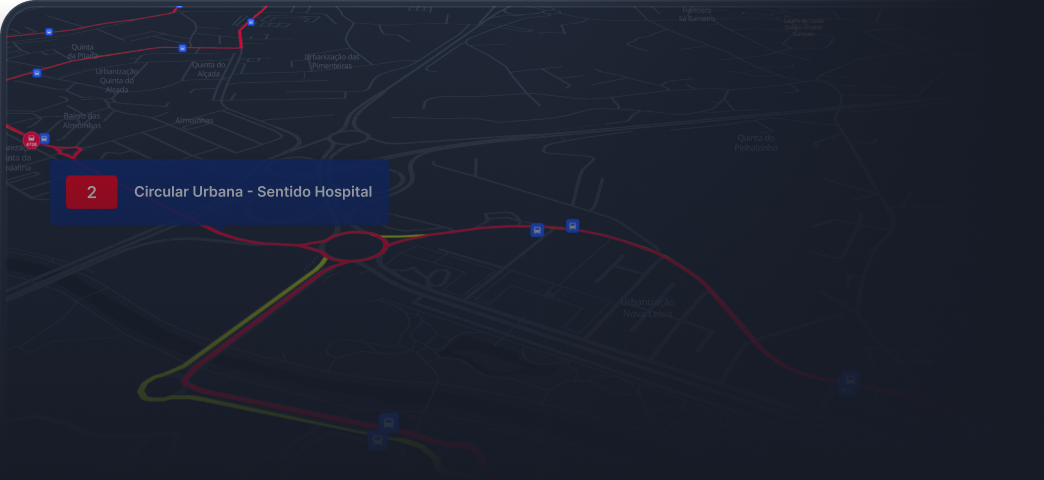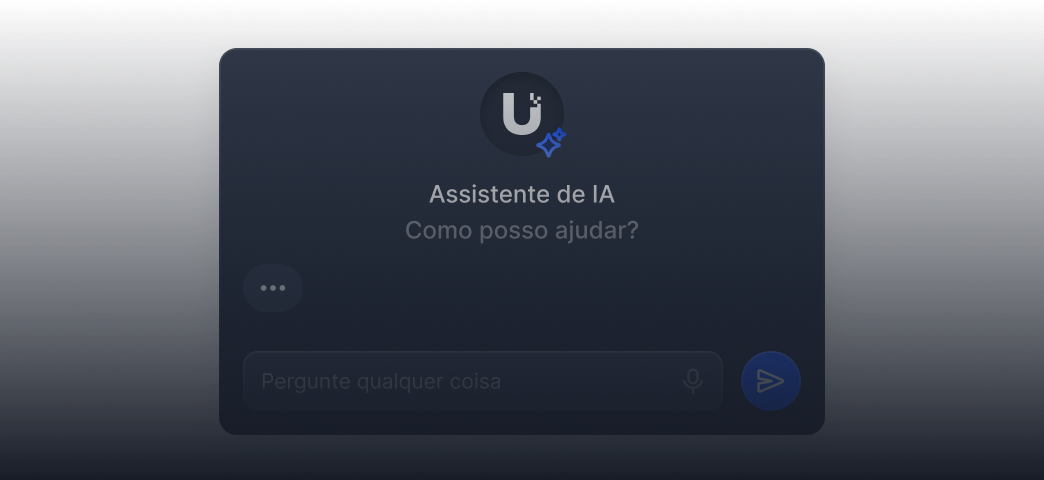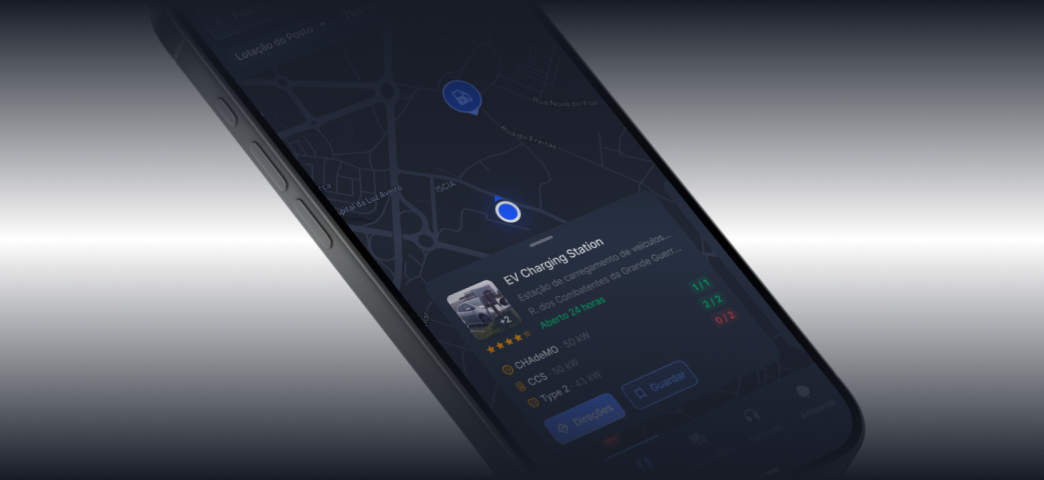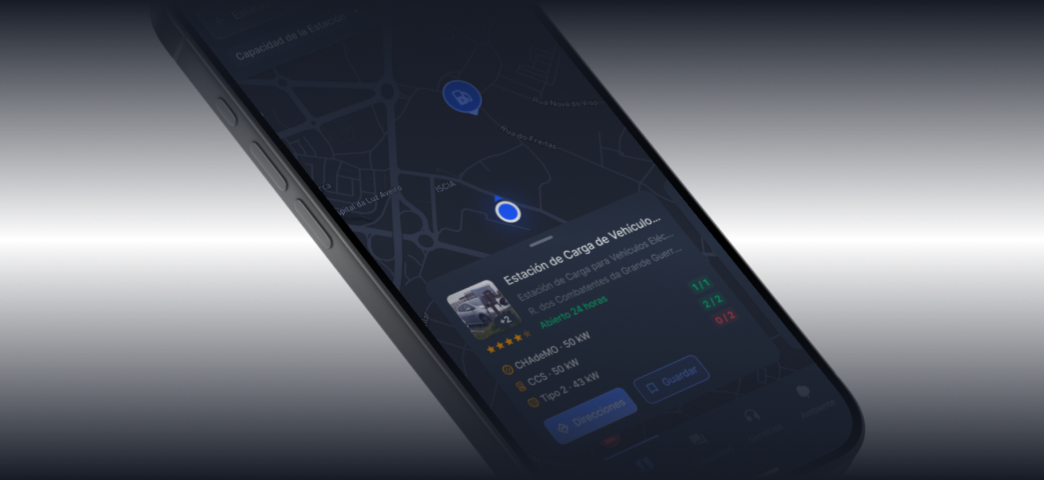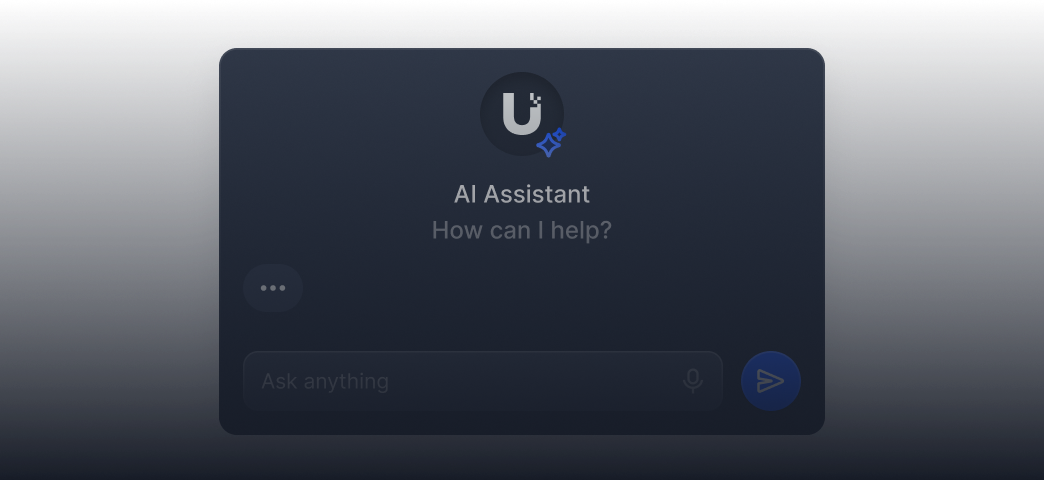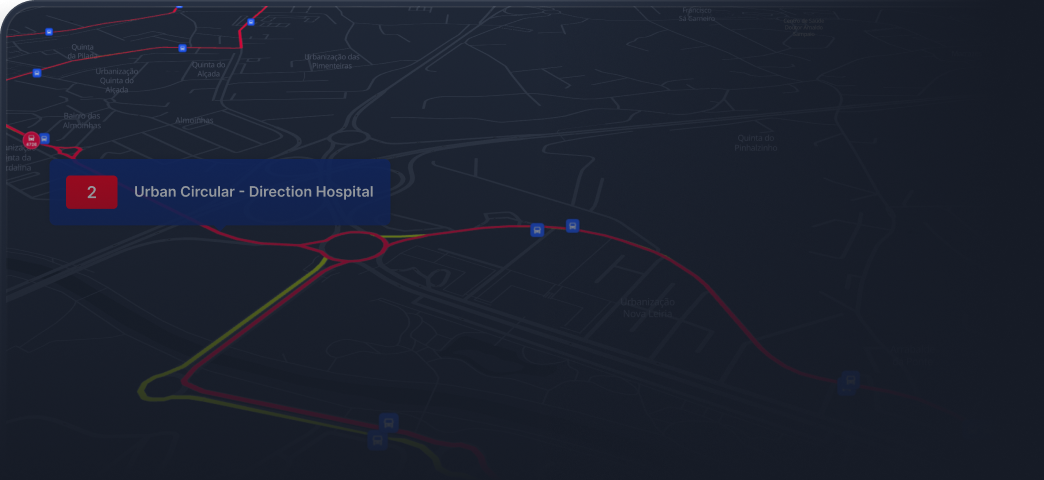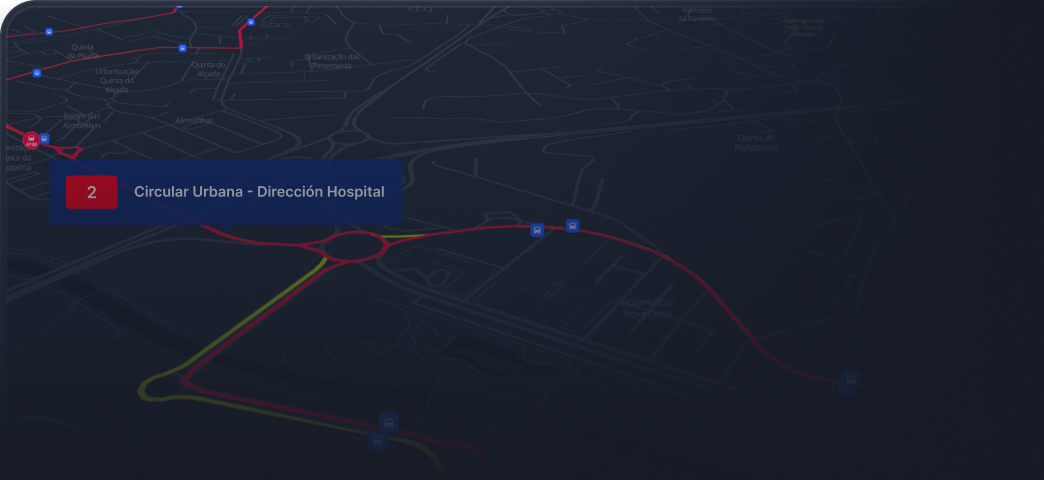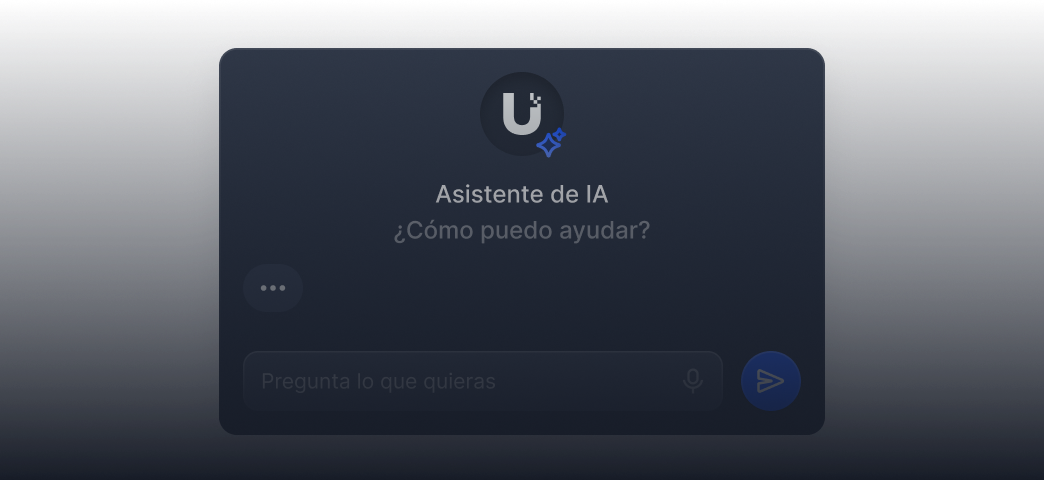Urban Management Platforms for a Smarter City, a Conversation with Filipe Araújo
Learn more about the impact of Urban Management Platforms to create smarter cities.
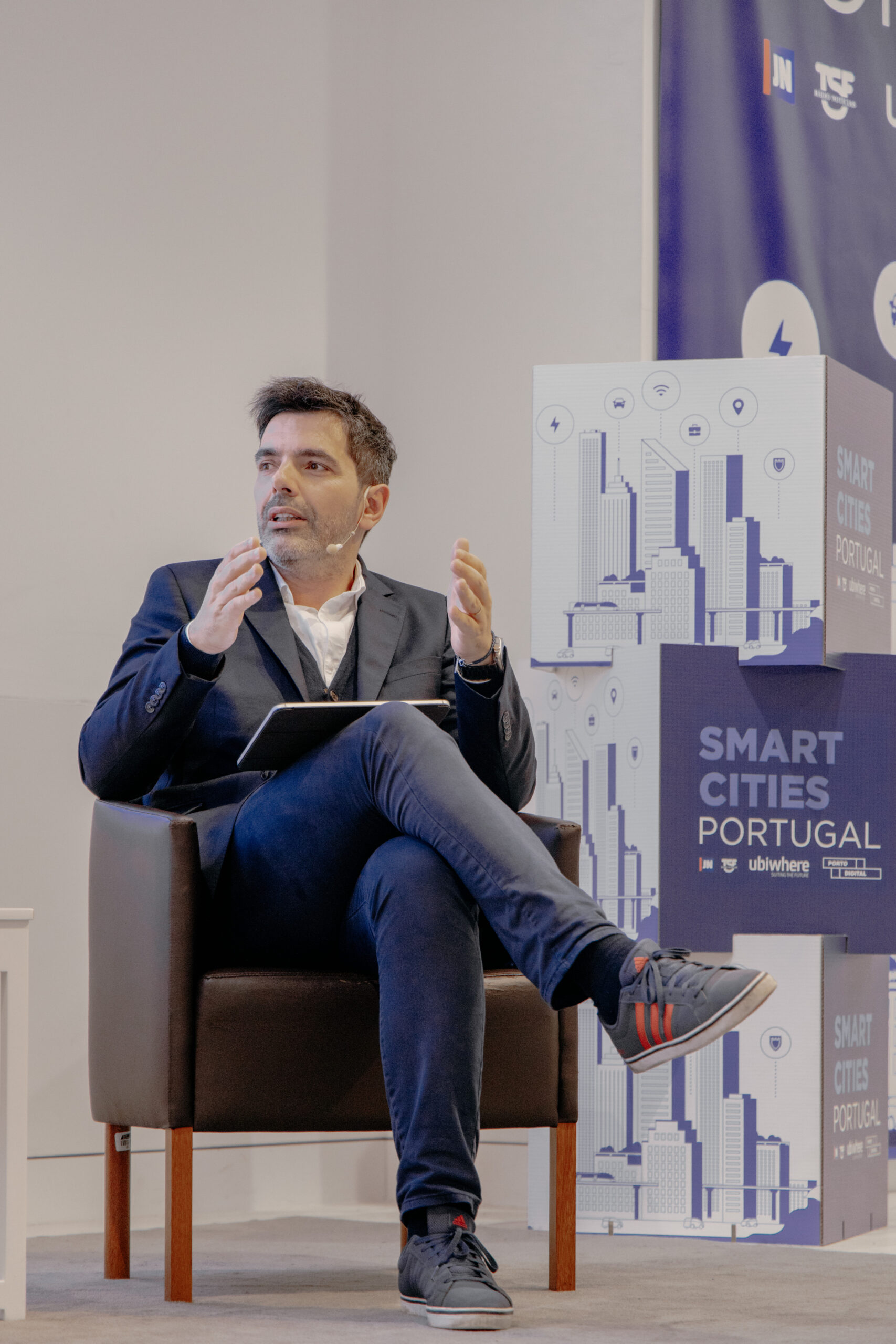
Filipe Araújo, Vice-President of Porto City Council, has been one of the leading advocates for innovation and transformation in urban environments, striving to implement solutions that enhance citizens’ quality of life.
Ubiwhere spoke with Filipe Araújo during the 1st Smart Cities Portugal Conference, held on 27 March 2025, exploring the impact of Urban Management Platforms on both citizens and city managers.
“We talk a lot about smart cities and urban development, but at the end of the day, we are talking about improving citizens’ quality of life and wellbeing.”
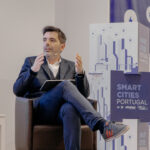
Filipe Araújo
Vice-President of Porto City Council
UW: How important is collaboration between public and private entities in the management of a city?
FA: The future of our cities must inevitably involve stronger relationships and deeper sense of community. That spirit of community involves the public sector, in partnership with the private sector, and ultimately places the citizen at the centre of what is being developed. When we talk about cities, we are really talking about people, their wellbeing, urban development, and their quality of life.
So when we address these issues, we are also reflecting on the responsibilities of the public sector, and there are plenty of them, but we need a private sector that is dynamic, innovative, and capable of driving the solutions we seek. A sector that works alongside us to help shape a better vision of the city. We talk a lot about smart cities and urban development, but at the end of the day, we are talking about improving citizens’ quality of life and wellbeing.
UW: How do Urban Management Platforms improve citizens’ daily lives?
FA: When we speak about the digital world, we are speaking of increasing complexity. We are all aware of the sheer volume of information we now generate digitally – and the same applies to cities.
In recent years, particularly in the last decade, we have seen a huge increase in the amount of data produced in cities, through sensors, through our mobility, through the cards we use, through the information we consult, and the data available to us. Managing all that data, which comes from traffic lights, public services, incident reports, and licensing processes – is only possible if we can bring it together. Dispersed information has no value. But when we aggregate that data in an urban platform and treat it in a common framework, then we can make real use of it.
So when we centralise this information in a single platform, who are we supporting? We’re supporting political decision-makers, but also technical staff – those managing the city on a daily basis – by giving them the tools to make better decisions. And today’s world is all about data-driven decision-making. Taking decisions based on data, based on real information, helps us make better choices. That’s why an urban platform makes perfect sense. We’ve done a lot of work on this in Porto. In just a few months the platform we manage in the city processes billions of events. This can only be done digitally, with the right technologies in place. So yes – it absolutely makes sense.
UW: Are citizens already benefiting from the use of this platform?
FA: Yes. In fact, the billions of events we process relate to many services already used by citizens daily – such as the “Cartão Porto.”, which provides access to various benefits.
A lot of the technology that powers that card is run through the platform. And when we think about mobility, or for example, the free Wi-Fi available throughout the city – these are all services that are interoperable and operationalised through the urban platform. If someone reports an incident through our app (for example, a pothole or a bag out of place in the city) that information goes through the digital platform. This allows us to respond much faster and much more efficiently. And since we’re talking about public money – money that belongs to all of us – being fast and efficient clearly translates into public benefit. So yes, the citizens of Porto are already benefitting greatly from this digital infrastructure, even if it goes unnoticed. It’s helping them every day.
Portal Público
Inclui funcionalidades que proporcionam uma experiência interativa e transparente, promovendo a participação cidadã, tais como:
▪︎ Visualização do estado da cidade em tempo real
▪︎ Inquéritos à população
▪︎ Interação com os cidadãos (Reporte de Ocorrências)
▪︎ Capacidade de integração com outros serviços do território
▪︎ Formulário de contacto
Inteligência Artificial
Potencia a acessibilidade e a análise avançada de dados, permitindo uma interação mais intuitiva, através de:
▪︎ Chatbot de apoio à compreensão dos dados
▪︎ Criação de novas visualizações com base em dados armazenados no Data Lake
▪︎ Capacidade de envio das visualizações por email
▪︎ Integração com LLM
▪︎ Integração nativa na plataforma
▪︎ Capacidade de instalação on-prem e em cloud
Portal de Dados Abertos
Promove a transparência e a inovação através das suas funcionalidades, incluindo:
▪︎ Disponibilização de dados abertos à população
▪︎ Criação de ecossistema de Open Data
▪︎ Plug-ins de rápida visualização
▪︎ Criação de ecossistema de inovação
▪︎ Federado com a Plataforma de Gestão Urbana
Aplicação do Cidadão
Oferece aos cidadãos um acesso prático e intuitivo a informações em tempo real sobre a cidade, permitindo uma participação ativa na gestão urbana, através de:
▪︎ Inquéritos à população
▪︎ Interação com os cidadãos
▪︎ Formulário de contacto
▪︎ Reporte de Ocorrências
▪︎ Federado com a Plataforma de Gestão Urbana
Citizen App
Offers citizens practical and intuitive access to real-time city information, enabling active participation in urban management through:
▪︎ Public surveys
▪︎ Citizen interaction
▪︎ Contact form
▪︎ Incident reporting
▪︎ Federated with the Urban Management Platform
Open Data Portal
Promotes transparency and innovation through functionalities including:
▪︎ Open data availability for the public
▪︎ Development of an Open Data ecosystem
▪︎ Quick visualisation plug-ins
▪︎ Creation of an innovation ecosystem
▪︎ Federated with the Urban Management Platform
Aplicación del Ciudadano
Ofrece a los ciudadanos un acceso práctico y intuitivo a información en tiempo real sobre la ciudad, lo que les permite participar activamente en la gestión urbana a través de:
▪︎ Encuestas a la población
▪︎ Interacción con los ciudadanos
▪︎ Formulario de contacto
▪︎ Notificación de Incidencias
▪︎ Federado con la Plataforma de Gestión Urbana
Artificial Intelligence
Enhances accessibility and advanced data analysis, enabling more intuitive interaction through:
▪︎ Chatbot support for data comprehension
▪︎ Creation of new visualisations based on stored Data Lake information
▪︎ Ability to send visualisations via email
▪︎ Integration with LLM
▪︎ Native platform integration
▪︎ On-premise and cloud deployment options
Public Portal
Includes features that provide an interactive and transparent experience, promoting citizen engagement, such as:
▪︎ Real-time city status visualisation
▪︎ Public surveys
▪︎ Citizen interaction (Incident Reporting)
▪︎ Integration with other territorial services
▪︎ Contact form
Portal de Datos Abiertos
Promueve la transparencia y la innovación mediante funciones entre las que se incluyen:
▪︎ Acceso a datos abiertos para la población
▪︎ Creación de un ecosistema de Open Data
▪︎ Plug-ins para visualización rápida
▪︎ Creación de un ecosistema de innovación
▪︎ Federado con la Plataforma de Gestión Urbana
Portal Público
Incluye funcionalidades que proporcionan una experiencia interactiva y transparente, promoviendo la participación ciudadana, tales como:
▪︎ Visualización en tiempo real del estado de la ciudad
▪︎ Encuestas a la población
▪︎ Interacción con los ciudadanos (Notificación de Incidencias)
▪︎ Capacidad de integración con otros servicios del territorio
▪︎ Formulario de contacto
Inteligencia Artificial
Potencia la accesibilidad y el análisis avanzado de datos, lo que permite una interacción más intuitiva mediante:
▪︎ Chatbot de apoyo para la comprensión de los datos
▪︎ Creación de nuevas visualizaciones basadas en datos almacenados en Data Lake
▪︎ Envío de visualizaciones por correo electrónico
▪︎ Integración con LLM
▪︎ Integración nativa en la plataforma
▪︎ Capacidad de instalación on-premise y en la cloud
Receba a brochura da Plataforma de Gestão Urbana
Fique a conhecer as funcionalidades e componentes que ajudam a gerir os territórios de forma mais inteligente. Preencha o formulário para pedir acesso à brochura.
